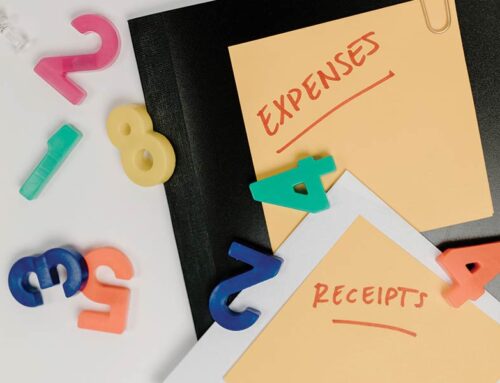The tax year has begun. In the UK, our Tax year starts on the 6th of April and concludes on the 5th of April. This means that this time of year is a crucial window for business owners to reassess your financial plans and prepare for the future.
We’ve assembled this short guide on how you can evaluate and plan for this year’s budgets.
Understanding the Tax Landscape
First, it’s essential to familiarise yourself with any changes in tax laws or regulations that have occurred since the last tax year. This could include updates to personal allowances, changes in tax rates or thresholds, or alterations to reliefs and deductions.
Reviewing the Previous Year’s Budget
The beginning of a new tax year is the perfect time to review the previous year’s budget. Look at what worked, what didn’t, and areas where there might be room for improvement. This will give you a clear picture of your financial health and provide a baseline for planning the budget for the new tax year.
Planning for the Future
Once you have a grasp of the changes in the tax landscape and have reviewed the previous year’s budget, it’s time to start planning for the future. Start by determining your financial goals for the year. Are you looking to grow your business, save for a significant purchase, or reduce your tax liability? These goals will shape the budget and influence financial decisions throughout the year.
Creating a Budget
Creating a budget for the new tax year involves breaking down anticipated income and expenses and aligning them with your business goals. A comprehensive budget should include all sources of income and all expected expenses, including business costs, living expenses, and discretionary spending.
While creating the budget, it’s also crucial to consider potential tax liabilities. Make sure to set aside funds to cover expected tax payments, and consider strategies to minimise tax liabilities. Such as taking advantage of tax-free allowances, tax relief on pension contributions, and capital gains tax allowances.
Monitoring and Adjusting the Budget
Creating a budget isn’t a one-time task. It’s essential to regularly monitor the budget throughout the year and make adjustments as necessary. This could involve updating the budget to reflect changes in income or expenses, adjusting projected tax liabilities based on actual earnings, or re-evaluating financial goals. Regular monitoring will ensure that your budget stays on course and that you are prepared for any financial changes.
Maintaining Compliance
Lastly, it’s an accountant’s responsibility to ensure that you stay compliant with tax laws and regulations. This includes timely filing of tax returns and payment of any due taxes. Maintaining compliance will help you avoid penalties and keep your business in good standing with HM Revenue and Customs (HMRC).
In conclusion, the new tax year is a golden opportunity for you to reassess your financial plans and gear up for the future. By understanding the tax landscape, reflecting on the previous year’s budget, planning for the future, creating a robust budget, and ensuring compliance, you can navigate the new tax year successfully and bring your financial goals to fruition.
Keeping up to date on compliance issues and ensuring that your business is compliant can be a lot to juggle on top of managing your business. Even taking time away from your business to focus on a budgeting plan for the next year can be a lot to handle. Which is why we recommend to leave it in the hands of a capable accountant.
Here at Optimise Accountants, we have a team of fully qualified accountants with years of experience in budgeting and planning to help you create your plan for the year ahead. Book your free discovery call to learn more.





Leave A Comment